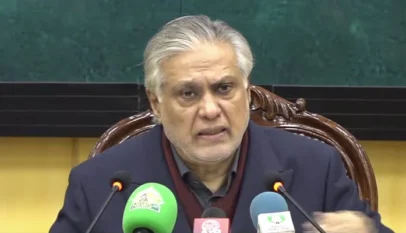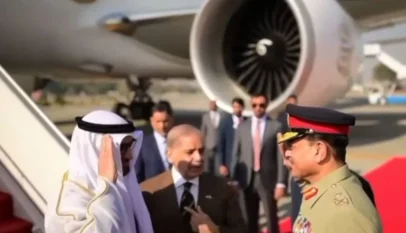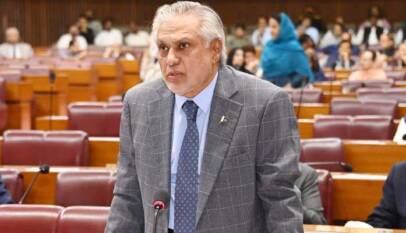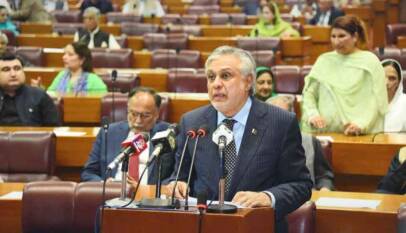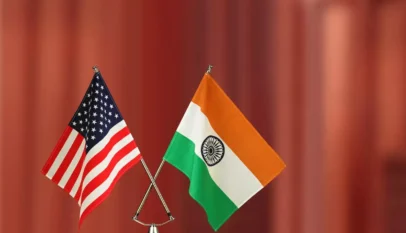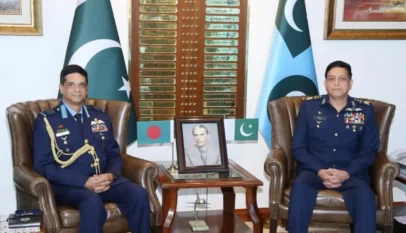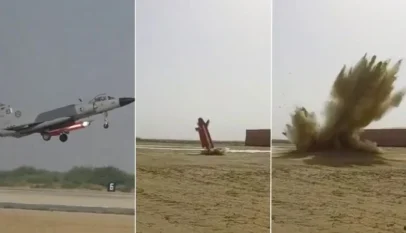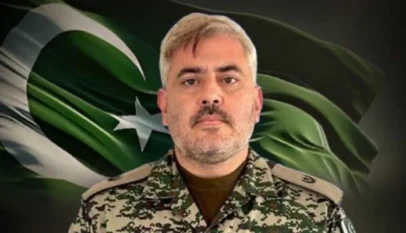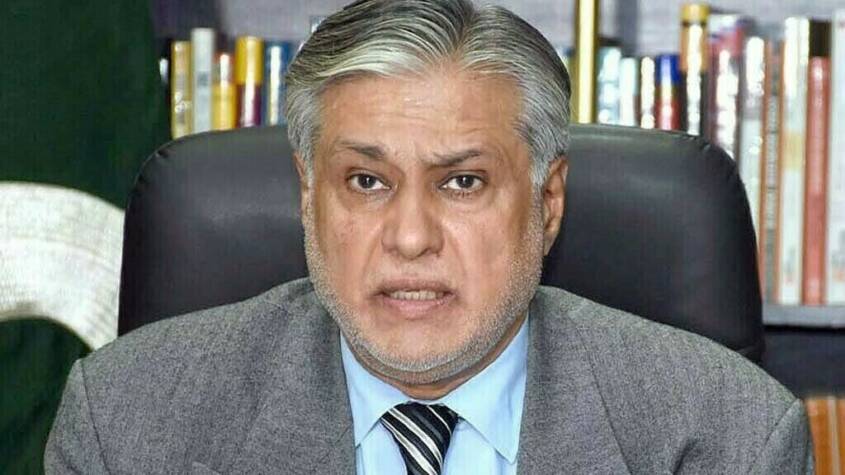
Deputy Prime Minister and Foreign Minister Ishaq Dar, reiterated that Pakistan has shown significant restraint during the recent escalation with India, responding only after its patience was exhausted. He emphasized that Pakistan’s actions have been defensive, not provocative, and that evidence has been provided to support the country’s position.
“Political contacts are ongoing, and we have exercised great patience,” Dar said. “However, once our patience is exhausted, we respond, and that’s exactly what we did—a strong defensive response.”
He also expressed Pakistan’s willingness to de-escalate tensions, on the condition that India ceases its aggressive actions. “If India stops, we will also stop,” Dar stated. “We seek equality. Fighting is not the solution.”
Dar confirmed that international mediation efforts have been made, including conversations with U.S. Secretary of State Marco Rubio. He revealed that the U.S. was assured that Pakistan would scale back its actions if India refrains from further military aggression. “We don’t want commitments. We acted in self-defense,” Dar clarified.
Both the U.S. and Saudi Arabia have urged both nations to de-escalate. Dar reiterated that Pakistan’s stance is clear: “If India stops, we will also stop.”
Highlighting the professionalism and bravery of Pakistan’s armed forces, Dar praised their role in defending the nation’s sovereignty. He also stressed that Pakistan did not initiate the conflict, and the recent retaliatory steps were justified and proportionate. “The cycle of blaming Pakistan must end. We have not initiated any of this, but we will not allow aggression to go unanswered,” Dar asserted.
Defense Minister Khawaja Asif, also speaking on the same channel, confirmed that Pakistan launched strikes on Indian airfields and disabled India’s defense systems. He emphasized that Pakistan is now prepared for the next phase of operations against India. “The time for testing Pakistan’s patience has passed,” Asif said, noting that despite India’s aggression, Pakistan had avoided escalating the conflict further.
Asif stressed that Pakistan’s response was measured but impactful, stating that despite India’s attacks on key sites like Nur Khan Air Base, Pakistan suffered no significant losses.
Meanwhile, U.S. Secretary of State Marco Rubio spoke with Pakistan’s Chief of Army Staff General Asim Munir and Deputy Prime Minister Dar, urging both countries to pursue diplomatic efforts to de-escalate tensions. Rubio emphasized the importance of regional stability and offered U.S. assistance in facilitating dialogue to prevent further conflict.
In New Delhi, the Indian Army acknowledged significant losses following Pakistan’s missile strikes on multiple Indian airbases and military installations. An Indian Army spokesperson confirmed that Pakistan had launched high-speed missile attacks on 26 strategic installations, including key airbases in Pathankot, Udhampur, Bhuj, and Adampur, causing substantial damage.
“This was an unprecedented and coordinated assault. We confirm that Pakistan targeted 26 of our installations, including frontline airbases,” the spokesperson said, adding that India does not seek further escalation but is prepared to halt military actions if Pakistan reciprocates.
Colonel Sofia Qureshi also confirmed India’s willingness to de-escalate, stating, “India does not wish to prolong this conflict. If Pakistan agrees to stop, we are prepared to stand down.”
Source: Web Desk
Pakistan rejects Taliban spokesman’s remarks, cites evidence of cross-border militancy
ISLAMABAD (RNN TV) — Pakistan on Tuesday strongly rejected remarks by Taliban spokes…

